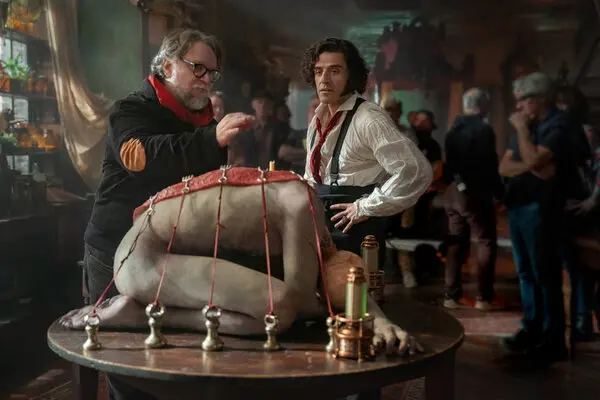
Sight (2024) — Movie Review
- May 28, 2024
Andrew Hyatt's movie "Sight" is an unpretentious story of inspiration based on factual life events. Despite the predictable storyline and overly dramatized scenes, the movie still holds some appeal for viewers who crave familiarity.
"Sight" follows the story of Dr. Ming Wang (played by Terry Chen), a young man in China who aspired to become a doctor like his father and grandfather, but his plans were disrupted by the Cultural Revolution. Forced to consider leaving China after his first love, Lili (Sara Ye), disappeared, Wang threw himself into his studies and rose to the top of world-renowned universities like MIT and Harvard. He eventually started his own eye treatment practice in Nashville, Tennessee. In 2007, he encountered Kajal (Mia SwamiNathan), a young Indian orphan who travelled to the US with the hope to regain her vision after enduring terrible abuse. Dr. Misha Bartnovsky (Greg Kinnear) also attempts to assist her against all odds. The film elegantly shifts between Wang's past and present as he grapples with his earlier losses and the boundaries of his medical abilities.
"Sight" is fundamentally a feel-good biographical film that portrays the life journey of Dr. Wang based on his own book, "From Darkness to Sight: A Journey from Hardship to Healing". It casts light upon faith, loss, acceptance, and the traumas associated with immigration. The main theme dwells on finding inner strength during dark times.

While "Sight" doesn't break new ground, it provides an uplifting narrative to its audience. Despite occasional inconsistencies in Chen's performance, the movie does have its share of good moments, particularly in the scenes shared by Chen and Kinnear, displaying a layered understanding of problem-solving dynamics. Younger Dr. Wang, portrayed by Ben Wang, leaves a solid impression as a man adrift amidst political chaos and personal loss. However, the script progresses slowly sometimes, heavily indulging in Dr. Wang’s trials before abruptly moving towards the ending.
"Sight" continues the trend of Angel Studios, the creators of "Sound of Freedom" and "Cabrini", focusing on immigrant stories and their contributions to society. The movie ends with a request from the real Dr. Wang to the audience to "pay it forward", encouraging them to support future moviegoers through on-screen QR code scanning, which was an unexpected move rather than directing support towards Dr. Wang’s non-profit sight restoration efforts.







